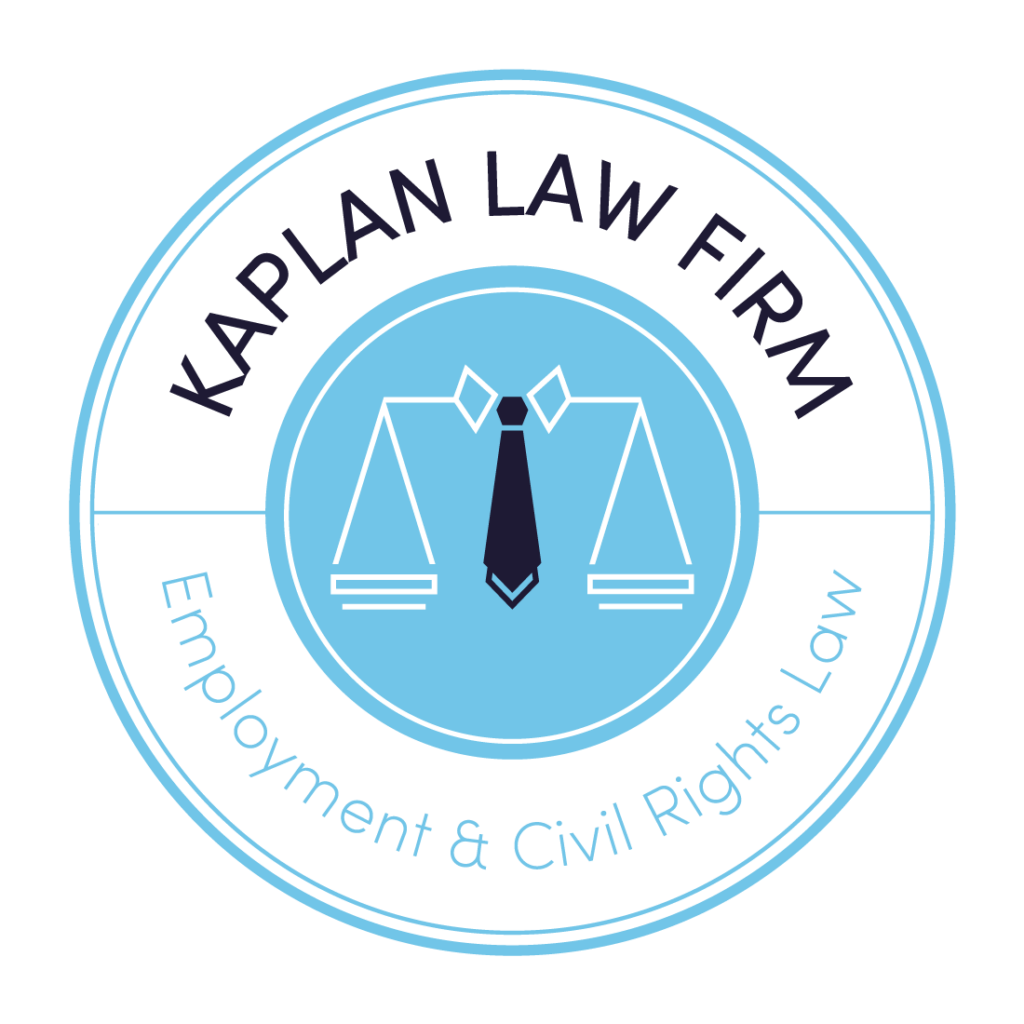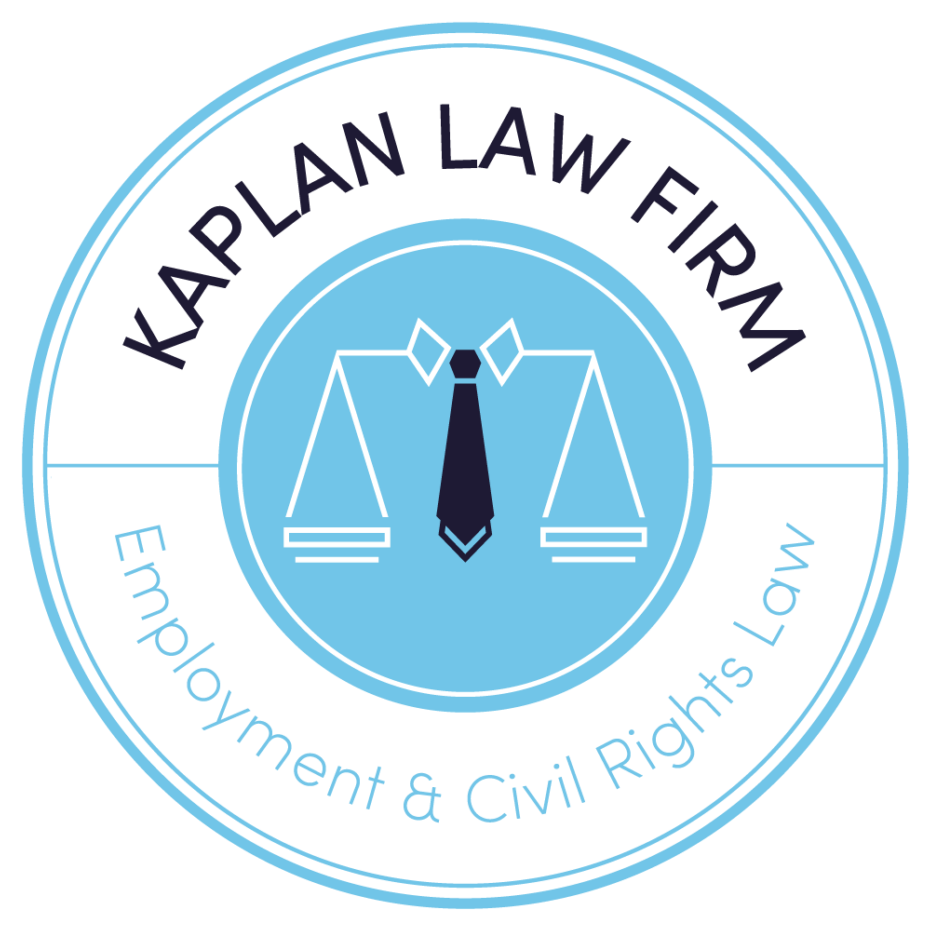What is sexual harassment?
Sexual harassment is harassment in a workplace or professional setting that involves things like unwanted sexual advances, sexual touching, or obscene remarks. Sexual harassment includes inappropriate remarks of a sexual nature or about someone’s sex, requests for sexual favors in return of a promotion or bonus, and other verbal or nonverbal conduct of a sexual nature. Sexual harassment is illegal in Texas under Title VII of the Civil Rights Act of 1964 and Chapter 21 of the Texas Labor Code.
How do I know if I experienced sexual harassment?
Sexual harassment includes, but is not limited to, the following:
- Unwanted touching (i.e. groping)
- Pressure or requests for sexual favors (i.e. “sleep with me and you’ll get a promotion”)
- Actual or attempted rape or sexual assault
- Unwanted sexual jokes or questions
- Making sexual gestures
- Pressure or requests for dates or sexual favors
- Sexual topics of conversation
- Sexually explicit texts, calls, e-mails, drawings or photos (i.e. “my boss showed me porn” and “dick pics”)
- Sexual innuendos and questions
Sexual harassment can come in at least three forms: hostile work environment, quid pro quo harassment, and sexual assault. All are illegal harassment, and some violate both civil and criminal law. If you have experienced any of the above, or anything similar, you may have a case against your employer or even your boss.
I’m being harassed by someone of the same sex, is that against the law?
Yes, state and federal sexual harassment laws do not require that the person committing the harassment be of the opposite sex. Same-sex harassment is still illegal. LGBT victims of harassment have the right to a safe workplace. However, the law is more complicated as applied to members of the LGBTQ+ community.
What isn’t sexual harassment?
Not all bad conduct at work constitutes harassment. For instance, bullying that is not on the basis of gender is usually not sexual harassment, nor is general bad behavior by your boss like using profanity or yelling. However, if your supervisor treats women worse than men, that may give rise to a claim.
I think I have been a victim of sexual harassment, what do I do now?
You should take action as soon as possible. You have options.
You can report harassment according to your company’s internal policies and procedures. If you do not know where to look for this information, your company’s website may have it, or you can contact human resources.
You can file a charge with the US Equal Employment Opportunity Commission (EEOC), Texas Workforce Commission (TWC), or, if in Austin, the Equal Employment and Fair Housing Office with or without an attorney, although we recommend hiring an attorney before filing a charge if possible.
If you believe you have been the victim of sexual harassment, you can make an appointment today to speak with us.
Use your voice and remember that you are not alone, and you have the right to a workplace free from sexual harassment.
The sexual harassment happened a month ago, do I still have a case or is it too late?
It is not too late. In Texas, you have 180 days since the last incident of harassment to file your state claims and 300 days to file your federal claims. There may also be ways to assert claims after the 300-day statute of limitations has run. For example, if the harassment is ongoing, those deadlines may be extended. One place you can file your claims is with the EEOC.
You should always act as soon as possible and contact an Austin sexual harassment lawyer.
Who is responsible for sexual harassment in the workplace?
Your employer is ultimately responsible for providing a safe workplace free from harassment for all employees. If your boss is the harasser, a legal concept called strict liability might apply to your claim and your employer may be held responsible for failing to keep your work site safe for you.
If a coworker is the harasser, you must show the employer knew of the harassment and failed to act to stop it, either by showing you reported it or someone else did.
The bottom line: people do not have to submit to harassment or unwanted sexual advances from their supervisors, coworkers, customers or clients in the workplace. If something is happening, say something, report it, speak out, speak up, get help, get an Austin sexual harassment lawyer, and take action!
What if I complain about sexual harassment - what happens to me?
If you feel you are being subjected to sexual harassment, get to a safe place and report it as soon as possible. Making a good faith report of sexual harassment is protected conduct under state and federal anti-harassment law. In other words, any retaliation against you by your employer for making a report will likely violate the law. In many circumstances, you must report the harassment to your employer to put the employer on notice and give the employer the chance to remedy the harassment.
Also, if you report harassment, the person committing the harassment will know that their behavior and advances are unwanted, so they will be unable to use the defense that they did not know their behavior was offensive or unwanted. Reporting the harassment to your supervisors or HR is normally a crucial first step in the process.
Retaliation for reporting is illegal. Retaliation can include firing, transferring you to another location or division against your will, or excluding you from commissions or other work opportunities. If you experience retaliation, you should report that as well.
What kind of compensation can I expect in a sexual harassment case?
What you can recover as damages from your sexual harassment lawsuit depends on the circumstances.
There are three types of damages victims can recover:
- Economic Damages: back pay and front pay for missed work and lost benefits
- Compensatory Damages: emotional harm and mental anguish suffered as part of the harassment, costs for therapy and other treatment
- Punitive: an amount necessary to punish the harasser so that such harassment never happens again
I want to come forward, but I don’t want my situation to be public. What do I do?
Just because you come forward with a claim does not mean the case will become public. There are many ways to resolve a case without filing a lawsuit or creating any publicly available records. For example, the entire EEOC process is generally confidential and shielded from public record. And, even if you eventually file a lawsuit, there are ways to conceal your identity from the public as well.
I’m part of the LBGTQ community, how do I know if my boss is harassing me?
LGBTQ+ individuals have a right to be free from workplace sexual harassment in Texas. However, the application of the law is complicated, and will depend on the specific factual circumstances of the harassment and people involved.
Should I join the #MeToo movement and tweet about my experience?
Harassment victims need to stand up and speak out. Twitter is one way to do that, but it comes with significant risks to the harassment victim. The #MeToo movement has created a great community for victims of sexual harassment and assault, but we suggest contacting Austin sexual harassment lawyer before tweeting about your workplace sexual harassment experience when at all possible. In some sexual harassment cases, tweets have been used against victims and some victims have even been sued, which is not what you want. It is best to consult Austin sexual harassment lawyer prior to posting about your experience publicly so you understand your rights, the risks, and can move forward accordingly.
In what jobs does sexual harassment happen?
Sexual harassment happens in every industry, but to name a few: the service industry (waitress, hostess, bartender), the hospitality industry (concierge, housekeeper), the sports industry (reporter, broadcaster, writer), the sales industry (retail, car sales), and financial services (banker, teller). Just because you do not work in one of these industries does not mean your claim of sexual harassment is not valid. Sexual harassment can happen to anyone at any job.
Schedule Your Appointment
Effortlessly book, manage, & pay for your appointment with one of our attorneys using our secure online scheduler!

